Professor and Doctor of Science Nguyen Dinh Duc. (Photo: PV/Vietnam+)
Breakthrough in thinking and determination to strongly change the institution
- Professor-Doctor of Science Nguyen Dinh Duc, can you share the most prominent breakthroughs in the recently issued Resolution 71-NQ/TW, compared to previous resolutions and educational policies?
Professor-Doctor of Science Nguyen Dinh Duc: In my opinion, the most impressive breakthrough in this document is the breakthrough in thinking, awareness and determination to strongly change the institutions in education and training. The resolution affirms that education and training is not only the most important national policy, but also the decisive factor in the future and destiny of the nation.
This awareness is the root and foundation for innovation. The Resolution clearly states that for education and training to have a breakthrough development in the new era, laws and policies must change accordingly.
Institutional innovation with the mindset that instead of management, it is necessary to create with specific and outstanding policy mechanisms so that schools and educational and training institutions can attract all resources, both tangible and intangible, for development, improve training quality and school growth, and integrate with international standards and levels.
From this Resolution, it can be seen that our Party and State, headed by General Secretary To Lam, pay special attention and have great expectations for the field of education and training: By 2035, there must be at least 5 higher education institutions with fields ranked in the top 100 in the world ; by 2045, Vietnam will be in the top 20 countries with the most equitable and modern education in the world.
I am also particularly impressed, completely agree and strongly support the policy of prioritizing investment in higher education.
Resolution 71 is expected to create a breakthrough development for education and training. (Photo: CTV/Vietnam+)
Resolution 71 affirms the guarantee of full and comprehensive autonomy for higher education institutions, regardless of the level of financial autonomy. Having participated in the direction, management and leadership of a university, I am very pleased and appreciate this direction as very wise, decisive, correct and in line with the expectations of higher education institutions.
In recent years, university autonomy has been a breath of fresh air that has transformed many universities, but there are still some bottlenecks, limitations, and constraints.
With such direction on university autonomy, I believe that laws and policies will be amended in the spirit of the Resolution and Resolution 71 will truly be "Contract 10" in Vietnamese higher education, bringing strong and breakthrough developments to higher education.
This resolution also fundamentally changes the mindset about financial investment in higher education: reaching the level and excelling; practically taking care of the teaching staff, providing financial support and creating learning opportunities for everyone.
In resonance with Resolution 57-NQ/TW, Resolution 71 resolutely directs the building of new university models - innovative universities, new generation technology universities to become the backbone and locomotive of innovation, leading the innovation ecosystem of Vietnam.
This is a very correct and accurate guiding ideology in the context of the 4th Industrial Revolution developing strongly and rapidly as it is today.
The resolution also directed to urgently promote stronger international integration in education, making English the second language in schools; at the same time, promoting digital transformation, applying modern technologies, applying artificial intelligence ethically and responsibly in modern and civilized education.
These are very bold and drastic innovations with far-sighted vision, meeting the expectations of the whole society.
To put it bluntly and comprehensively, Resolution 71 is the Resolution on education and training reform.
- Regarding higher education, to put Resolution 71 into practice, what are the biggest difficulties and challenges at present, Professor?
Professor-Doctor of Science Nguyen Dinh Duc: The most difficult and challenging part of putting Resolution 71 into practice is to innovate thinking. Instead of administrative management, we must create and facilitate the best conditions for schools, teachers and learners; we must change the management method and institutions.
To put Resolution 71 into practice, we must amend a series of laws such as the Law on Education, the Law on Higher Education and the Law on Vocational Education, as well as a series of other laws and decrees related to the field of education and training, related to schools and teachers such as finance, investment, policies, recruitment and appointment of lecturers.
To innovate, to have quality and to integrate with international standards and levels, educational institutions must have sufficient resources and comprehensive autonomy. If autonomy is not implemented strongly and half-heartedly, universities cannot take off and develop rapidly, and Decree 71 and Resolution 57 cannot be as successful as expected.
Therefore, it is impossible to approach the drafting of legal documents and decrees related to education with a conservative, backward, administrative management mindset as before.
The challenge is not small, but the potential of the team. To innovate the education career, especially higher education, it is necessary to attract talented people, teachers, and scientists with high qualifications and excellence from within and outside the country. This is a big problem for universities and higher education in Vietnam.
Educational institutions must have adequate resources and full autonomy. (Photo: Bich Hue/VNA)
Besides, basic science is difficult, but it is the root foundation of knowledge and technology. Therefore, no matter how much Vietnamese higher education promotes innovation, develops core technologies, strategic technologies, and breakthroughs, it must always persevere with the goal of training a solid foundation in basic science. At the same time, it must overcome foreign language barriers; rectify and innovate enrollment and admission work to improve the quality of university entrance.
Finally, I think that a big challenge is to overcome the psychological obstacles and barriers of the achievement disease that have existed for so long. Education must be thorough, systematic and exemplary; assessment must be substantial to train a well-rounded person, "real learning, real talent."
Fundamental solutions for Vietnam to have universities in the world's top 100
- Resolution 71 sets a target that by 2030, Vietnam will have one university in the world's top 100 and eight in Asia's top 200. According to the Professor, to realize this goal, what breakthrough changes are needed in terms of policies, university governance models and training programs?
Professor-Doctor of Science Nguyen Dinh Duc: With the current starting point of ranking Vietnamese universities, achieving the goal of having a university ranked in the world's top 100 is not a simple and easy story. But for that goal, we must renew our thinking, renew our investment, renew our policy mechanisms and renew our actions, and have Resolution 71 for Vietnamese higher education to take off.
To achieve this goal, in my opinion, we must first pay attention to developing the scientific and technological potential in universities. This is the first and most important factor.
To be ranked highly, universities must have a team of excellent and talented university lecturers, not only publishing cutting-edge scientific publications and excellent research capacity, but also having the capacity for innovation, well linking training and research activities with innovation and with businesses, and at the same time must always nurture the ambition to contribute to and revive the country.
Along with that, we must take care of the facilities and invest in building modern laboratories in universities. With the advantages of careers and the development trend of the times, I believe that schools with strong natural science and technology fields will soon achieve this high ranking goal faster.
Another extremely important factor is innovation in university governance. To develop rapidly, universities must have strong and comprehensive autonomy.
Japan's experience with university autonomy starting in 2004 is a valuable lesson: Before autonomy, there were only two universities, Tokyo University and Osaka University, ranked in the top 100 in the world. After university autonomy, in just a short time, there were five universities in the top 100 in the world, including non-public universities.
Foreign Trade University. (Photo: PV/Vietnam+)
University autonomy is a mechanism but also an advantage, a resource, sometimes more important and brings faster and stronger results than direct financial investment.
I believe that if we simultaneously and resolutely and effectively implement the above fundamental and core solutions, we will achieve the goal of having Vietnamese higher education institutions in the top 100 of the world's university rankings.
- So, according to the Professor, how should programs, projects for training lecturers and remuneration for lecturers and scientists be invested in and implemented in the coming time?
Professor-Doctor of Science Nguyen Dinh Duc: First of all, right from the recruitment stage, we must select good university lecturers who are well-trained and have good teaching and research capacity, and have the ability to adapt, innovate, and integrate internationally.
Universities need to have plans for lecturers to regularly exchange, intern, and improve their qualifications abroad and at major, key universities in the country.
The school also needs to build strong research groups, international research groups, with the participation of leading scientists, young doctors and postgraduates. Research groups are the cells of training, research and transfer of knowledge and technology in the university.
In addition, schools need to have plans to plan and develop a team of leading and leading scientific staff - a team of staff with professor and associate professor qualifications in the school; build science and technology programs, support teachers to connect the "4 houses" model: State, school, scientists and businesses to implement science and technology topics - promote research and application capacity, innovation of lecturers and graduate students in universities.
We also need to conduct full-time doctoral training and provide scholarships and living expenses for doctoral students; we need to open a postdoctoral internship training system. At the same time, we need to implement a project to train talents and retain valedictorians and excellent students to create resources and train them to become excellent lecturers in the future.
And importantly, if we want education and science and technology to develop and become the most important driving force for the country's development, teachers and scientists must be respected and honored by society, and must be treated appropriately and exceptionally, enough to reproduce their labor and ensure their family life, so that they can work with peace of mind and contribute.
- Thank you very much, Professor./.
According to VNA
Source: https://baothanhhoa.vn/giao-su-nguyen-dinh-duc-nghi-quyet-71-se-la-khoan-10-trong-giao-duc-dai-hoc-259955.htm


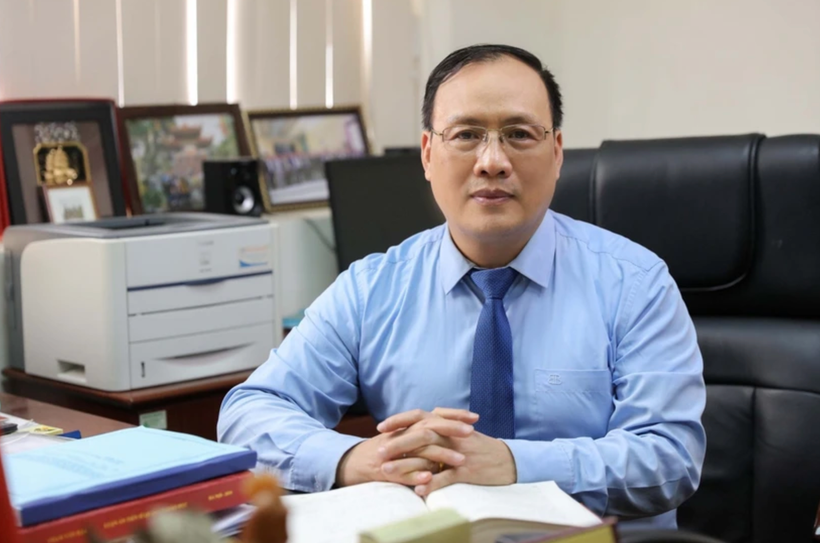
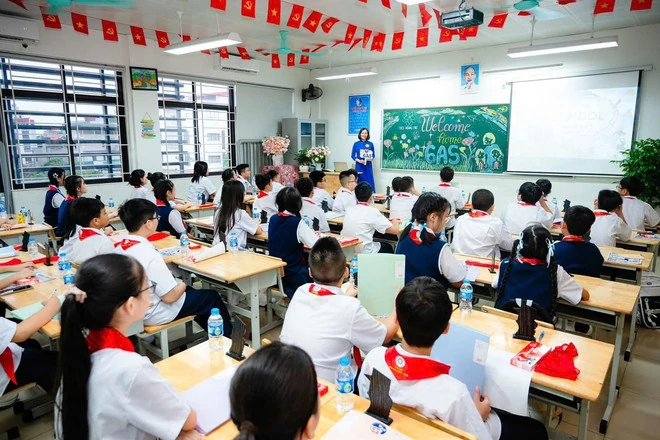
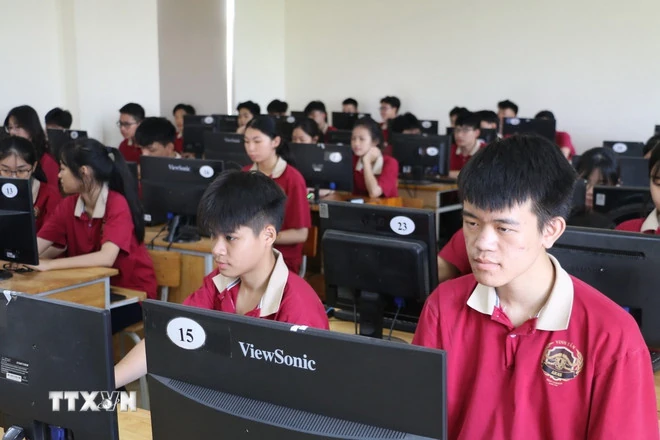
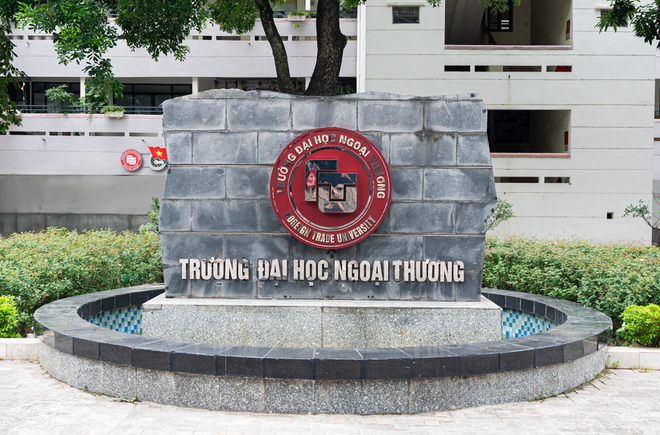


![[Photo] 60th Anniversary of the Founding of the Vietnam Association of Photographic Artists](/_next/image?url=https%3A%2F%2Fvphoto.vietnam.vn%2Fthumb%2F1200x675%2Fvietnam%2Fresource%2FIMAGE%2F2025%2F12%2F05%2F1764935864512_a1-bnd-0841-9740-jpg.webp&w=3840&q=75)
![[Photo] National Assembly Chairman Tran Thanh Man attends the VinFuture 2025 Award Ceremony](/_next/image?url=https%3A%2F%2Fvphoto.vietnam.vn%2Fthumb%2F1200x675%2Fvietnam%2Fresource%2FIMAGE%2F2025%2F12%2F05%2F1764951162416_2628509768338816493-6995-jpg.webp&w=3840&q=75)


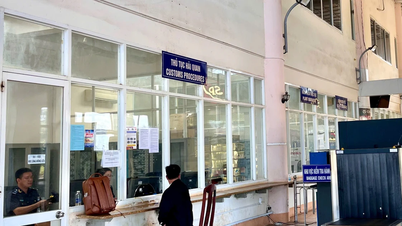

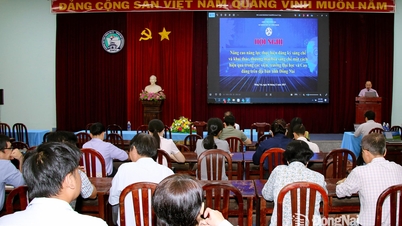

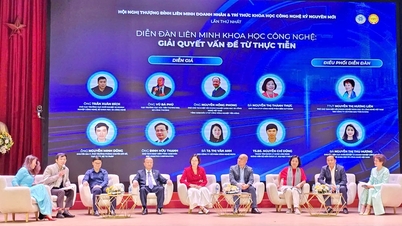





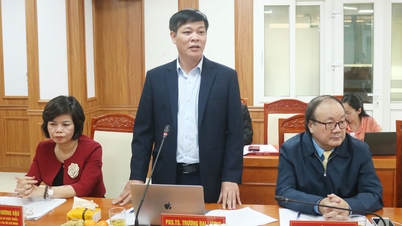


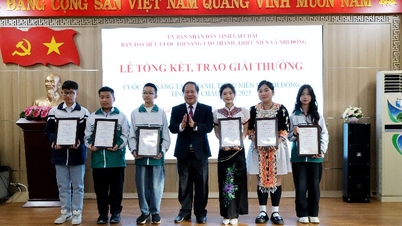

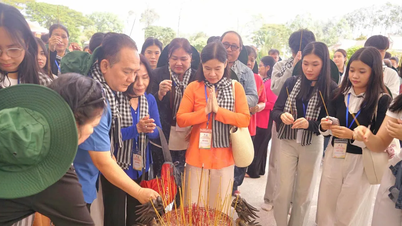

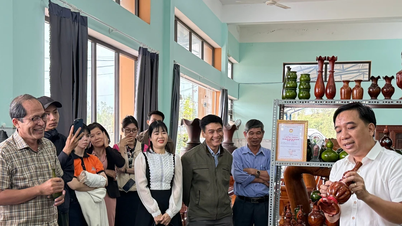
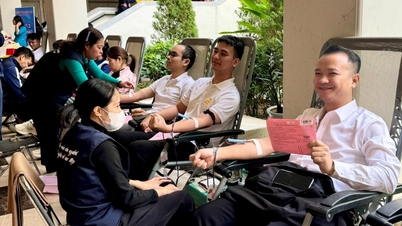





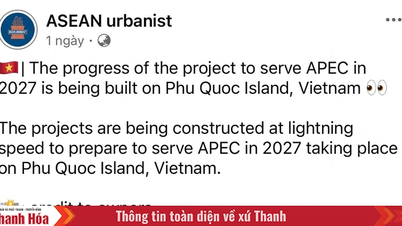
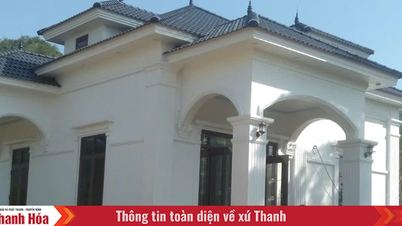
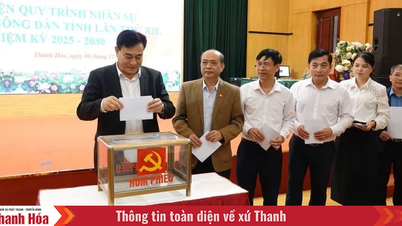
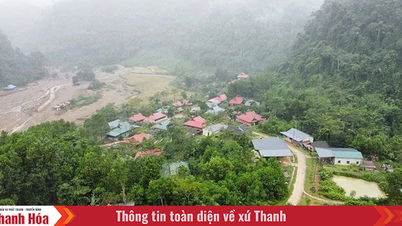

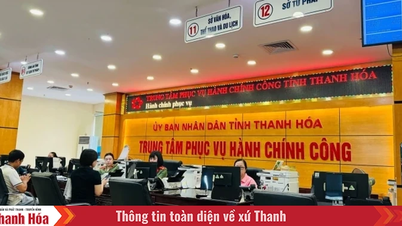















































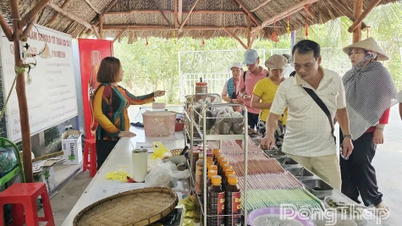


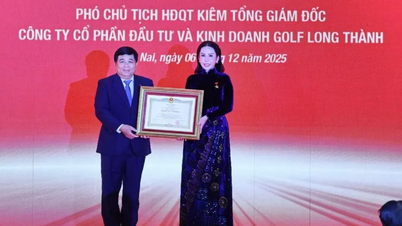
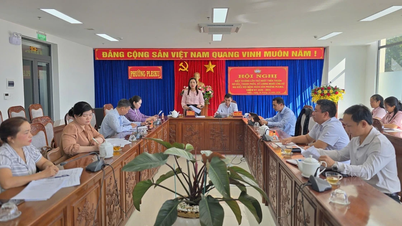











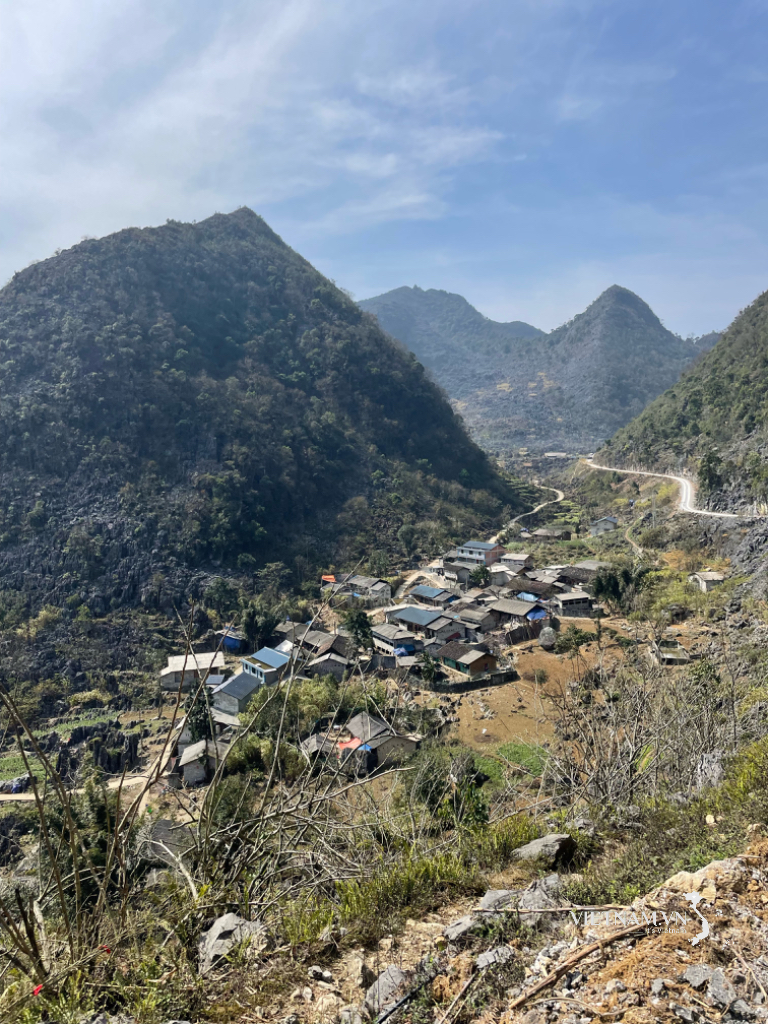
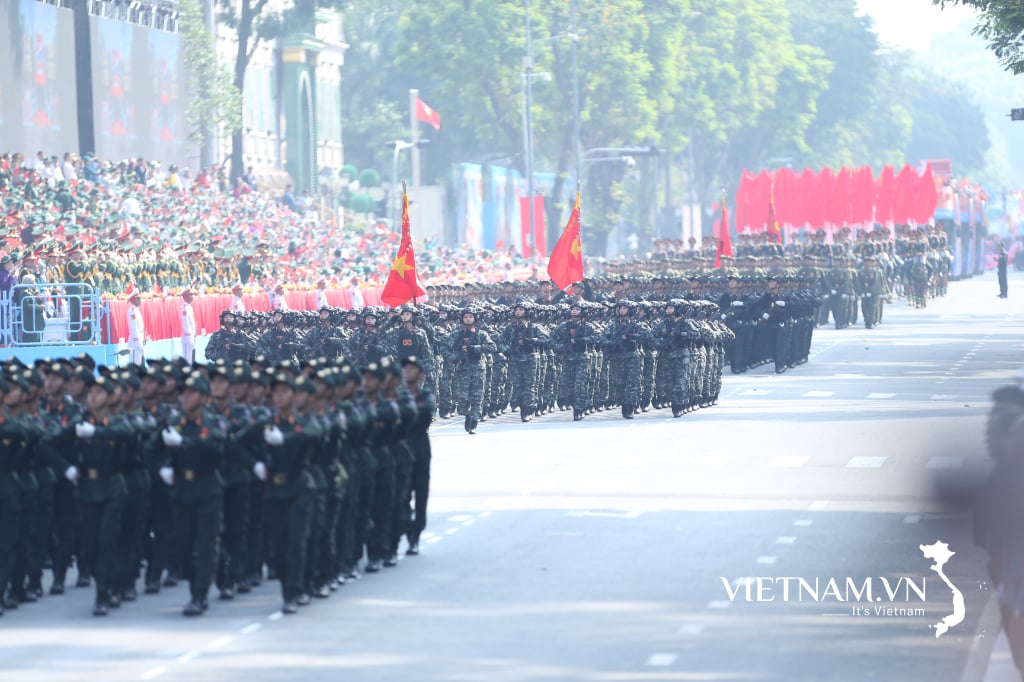






Comment (0)